Nestlé implements Nutri-Score system in Southern Europe
21 Jun 2020Nestlé has extended the use of the French-based Nutri-Score system to its products sold in Spain and Portugal. With this initial rollout, the scoring system will be printed on breakfast cereals Fitness Original, Nesquik Alphabet and Chocapic Bio as well as Garden Gourmet plant-based food.
In Spain and Portugal the number of products using this labeling system will continue to expand to incorporate the entirety of the Nestlé portfolio over the course of two years. Additionally, Cereal Partners Worldwide, the international breakfast venture between Nestlé and General Mills, will also implement Nutri-Score on its product packaging in the same countries.
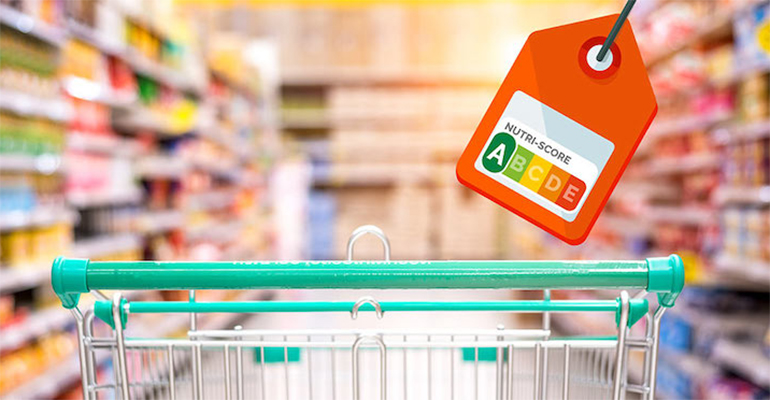
Nutri-Score is now on Nestlé products in eight countries: Austria, Belgium, France, Germany, Luxembourg, Portugal, Spain and Switzerland. The Swiss CPG giant has publicly supported the labeling system and was part of a coalition that issued a call in April for Nutri-Score to become the standard across the European Union. Nutri-Score is currently only applied on a voluntary basis.
This color-coded system, which debuted in France in 2017, is gaining popularity in continental Europe. Using a bar featuring a green to red color gradient, it gives a score ranging from A (healthier choices) to E (less healthy choices). Studies have indicated that this front-of-pack labeling scheme has been successful in helping consumers select healthier choices at a glance.
However, there is still some resistance to this approach, and the European Commission did not endorse this scheme in its recently-released Farm to Fork strategy. Instead, the Commission noted that it will propose a harmonized label solution by the end of 2022.
Although Germany is on the list of countries where Nestlé has implemented its Nutri-Score system, the German Sugar Industry Association spoke out against the method saying that the algorithm used to evaluate a product’s score could mislead consumers. Similarly, the Italian government said that the labeling system singles out traditional Italian products such as Parmigiano Reggiano and extra virgin olive oil as unhealthy due to their fat and calorie content.
Despite this criticism, Nestlé remains committed to implementing this system. With the introduction of the Spanish and Portuguese markets into its labeling scheme, the company now has over 7,500 products across Europe using this visual system. Likely the march toward Nestlé Nutri-Score standardization will continue. “Nutri-Score works with consumers in Europe and it has the potential to become the EU-wide system," said Marco Settembri, Nestlé CEO for Zone Europe, Middle East and North Africa said in a statement.
Related news

Plastic packaging reduction requires industry rethink
6 Jan 2023
The food and beverage sector is calling for industry-wide collaboration and business model updates to reduce the environmental impact of plastic packaging.
Read more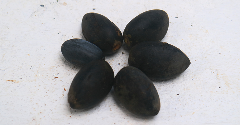
‘Super nut’? Indonesia’s ‘best kept secret’ wins EU novel food approval
6 Dec 2022
A previously obscure, nutrient-rich Indonesian nut is set to hit European shelves after winning EU novel foods approval that could also help protect under-threat kenari forests on the archipelago.
Read more
EU lowers maximum levels for dioxins and dioxin-like PCBs in food
21 Nov 2022
The European Commission (EC) has moved to lower maximum levels for dioxins and dioxin-like polychlorinated biphenyls (PCBs) found in foodstuffs produced in or imported into the EU.
Read more
FDA in ‘critical milestone’ for cell-cultured meat in US
18 Nov 2022
The US Food and Drug Administration (FDA) has completed its first pre-market consultation of a cell-cultured chicken product made by UPSIDE Foods, a development that has been hailed a “critical and inspiring milestone in the history of cultivated meat”...
Read more
Food warning labels are inconsistent in discouraging unhealthy foods
25 Oct 2022
A front-of-pack nutrition warning label is more of a deterrent on breakfast cereals than indulgent products, such as chocolate and cookies, according to findings from a recent Chilean study.
Read more
UK baby food brand unveils recyclable pouch in sector sustainability drive
16 Sep 2022
Baby food maker Little Freddie has launched a fully recyclable baby food pouch and is calling for other baby food manufacturers to follow by adopting more sustainable forms of packaging.
Read more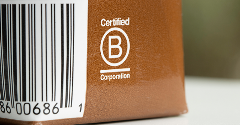
How investing in sustainability drives value for brands
15 Sep 2022
Consumers are increasingly conscious of the environmental, social and corporate governance (ESG) credentials of companies and products they invest in. How can certifications such as B Corp drive value for food and beverage manufacturers?
Read more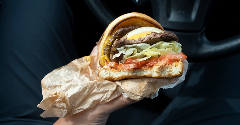
PFAS breakdown process sheds light on “forever chemical” use in food industry
9 Sep 2022
PFAS, or per and polyfluoroalkyl substances, are once again in the spotlight after new research details a method for decomposing these “forever chemicals” that have been detected in certain foods.
Read more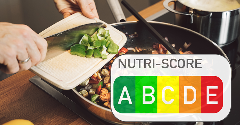
NutriScore algorithm update a ‘step in right direction’
7 Sep 2022
Campaigning organisation Foodwatch International is hailing the update to the NutriScore algorithm as a “step in the right direction” but says there is still space for further improvement.
Read more
Voluntary actions by industry ‘ineffective’ for public health, warns ‘realist review’
19 Aug 2022
Reliance on voluntary actions to control the composition and marketing of unhealthy foods and drinks by industry is not effective and results in weaker regulations in low- and middle- income countries, warn researchers.
Read more